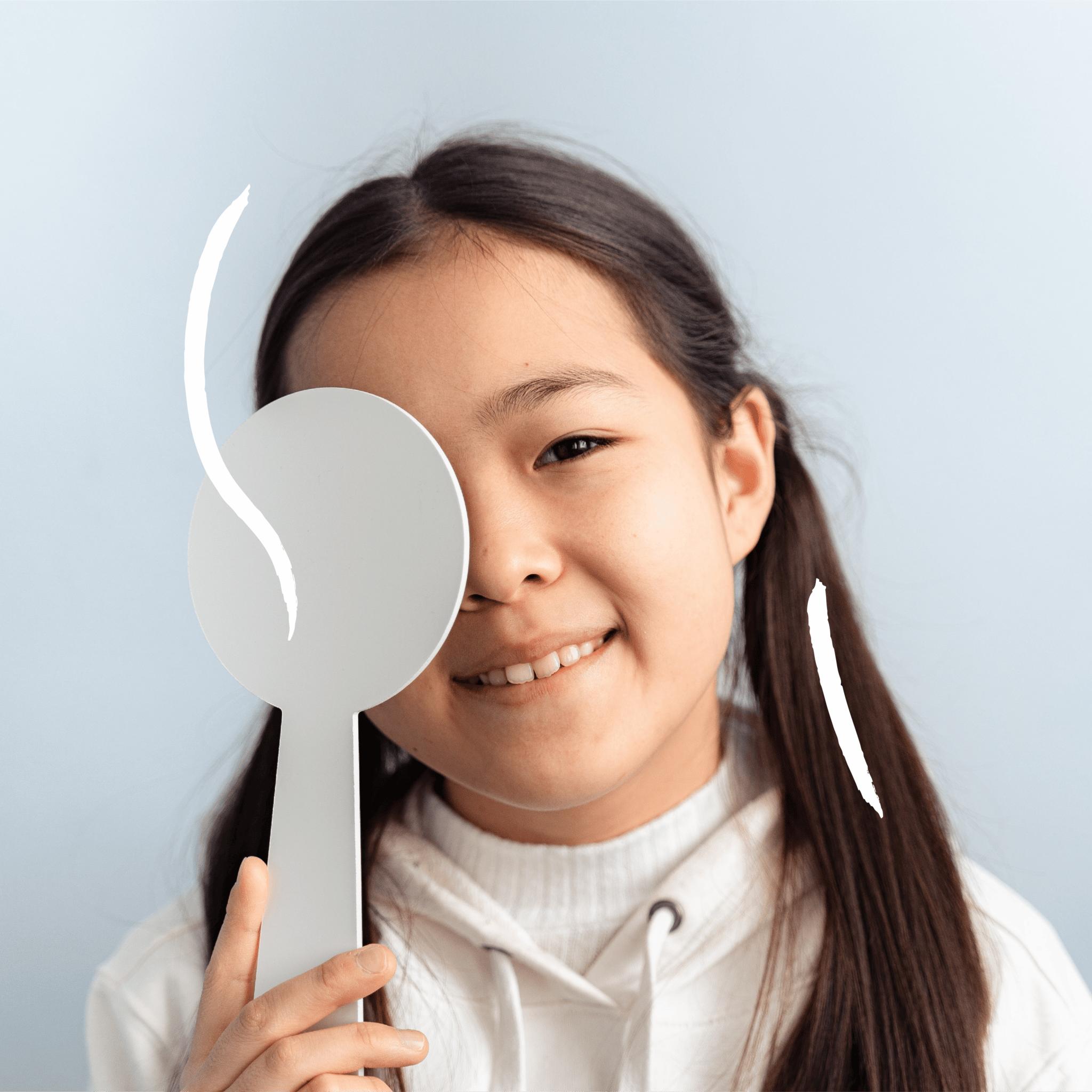Everyone needs to know the best way to clean teeth, including how to brush and floss, remove plaque, and keep teeth clean after eating.
You don’t need to sift through articles on a million ways to keep your teeth clean — these are tried and true methods. So if you want to know how to get your teeth really clean, you’re in the right place.

The correct way to brush teeth
There are two key, everyday ways to clean your teeth that you need to know: brushing and flossing.
To brush, begin by rinsing your mouth, then add a pea-sized dab of toothpaste onto your brush. Tilt your brush at a 45 degree angle and gently move it back and forth using short strokes on the outer surfaces of your teeth. Then brush the inner surfaces using the same motion, and finally the chewing surfaces. Finish up by brushing your tongue, which will help freshen your breath and remove bacteria.
How to floss
For flossing, just wind around 40cm of floss between your middle fingers and slide the thread up and down gently between your teeth, and around the base of each tooth. It may be a bit tricky to reach your back teeth when you are just starting to floss, but it is worthwhile learning how and making sure that all of your teeth receive equal treatment. Have a chat with one of our dental hygienists

How often should you clean your teeth?
Practically every dental association or professional recommends brushing your teeth twice a day — once in the morning, and again at night before bed. With correct technique, this gives you the best chance to regularly remove food and plaque from your teeth, which prevents acids and tartar from building up and damaging your teeth. Unfortunately, once plaque has hardened into tartar, an everyday brush won’t get rid of it — you’ll need a dentist’s help.
It can be worthwhile cleaning your teeth during the course of the day as well, removing different food odours and ensuring that sticky or sugary snacks are not sitting on your teeth for too long. Be careful though — it’s worthwhile to wait around half an hour after eating before you brush, giving your enamel enough time to re-harden and be safe for cleaning.
Opinions vary when it comes to flossing, but at the very least you should floss once a day. It is essential to regularly clean your own teeth to ensure your teeth are in the best possible state.
How often should a dentist clean your teeth?
But what do dentists use to clean teeth that is so different?
A dental clean — often known as a deep teeth clean — begins with a physical exam, where a dentist or oral health therapist/ hygienist uses a small mirror to check your teeth and gums for issues or signs of damage. If everything’s all good, they then use a scaler to remove plaque and tartar around and between your teeth. Finally, your dentist will use a gritty toothpaste that scrubs and polishes your teeth after all tartar is removed.
Because of the grittiness of the toothpaste used in a dental clean, it’s advised to go for a dental clean every six months, and not any more regularly. Your dentist will advise if they need to see you sooner for any other reasons, but a six-monthly check-up and clean is good practice for everyone.

Can you clean your teeth too much?
It’s a common thought that brushing your teeth as often as possible might be the best way to keep them clean. Unfortunately, if you’re overly concerned with keeping them clean, this might be making your job harder — excessive brushing can actually damage your teeth and gums!
Over-brushing can occur when you brush your teeth for too long or too often, but also when you brush them too vigorously. These practices can wear down your enamel, make your teeth more sensitive and make your gums puffy and swollen.
Make sure that you’re using a soft-bristled toothbrush and brushing in a gentle manner. Try and use a toothpaste that is not overly abrasive too. Check out our Toothpaste Explainer for more information on what toothpaste you should use.
Top tips for clean teeth
The benefits of clean teeth — oral health, fresh smell and confident appearance — make regular cleaning incredibly worthwhile for everyone. Beyond brushing and flossing, these are our best recommendations to keep your teeth in the best shape:
- Mouthwash: After brushing and flossing, using a bit of mouthwash can help reduce food particles and plaque, while also preventing bad breath.
- Sugar Limits: Do your best to reduce the amount of sugary foods and drinks you consume, as sugars linger in the mouth and generate acids which cause decay.
- Toothbrush Replacements: Replace your toothbrush every three to four months, or sooner if your bristles become frayed and worn out.
Maintaining dental health
A chat with a dentist or oral health therapist can teach you how to keep teeth healthy and clean, and point out where you may need a bit of a change to your existing habits. Above all, the best way to clean teeth is to just be diligent in your brushing and flossing habits. This keeps your teeth in the best state, makes trips to the dentist a breeze, and reduces the need for more extensive measures.
If you are looking to book a dental check-up and clean, get in touch with us today. We’re here to help you smile.


